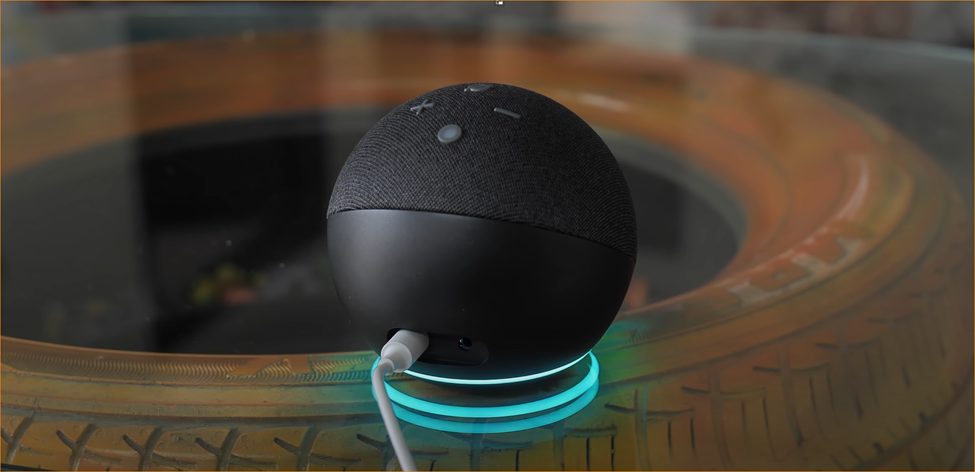Doing Alexa’s job means finding all the necessary information to provide answers and solutions, and this requires data, so below, we will cover how much is necessary.
If you have already set up your Alexa device, you know you need to connect it to your Wi-Fi before using it to avoid any outages or hiccups. But many wonder if it could drain their data plans and how much data they need to keep their Alexa device running smoothly.
The answer to this question is not straightforward since different actions require a different amount of data to be processed, which would cause the usage to fluctuate. Even the speed of your internet will have different performance stats depending on the type of task you are giving to Alexa.
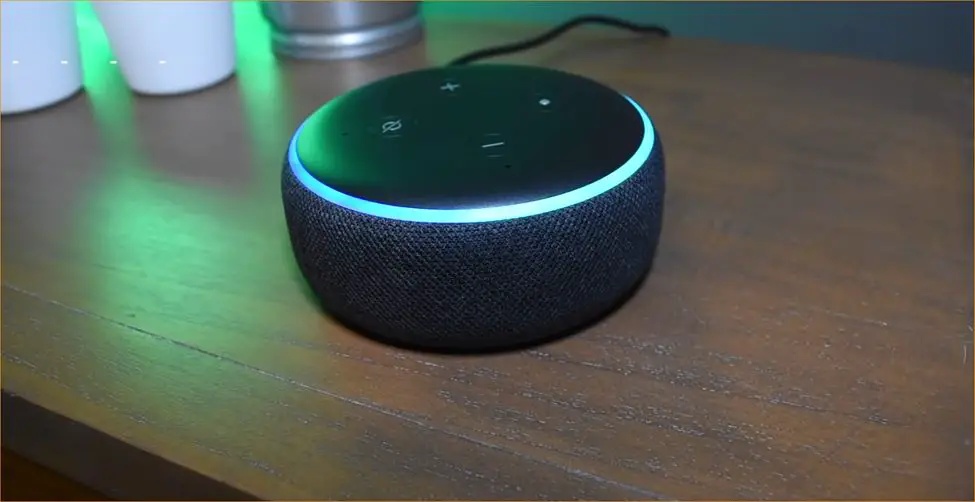
What is the Real Amount of Data Alexa Uses?
We already established that the varying nature of requests means a single usage figure cannot be determined. However, if we were to look at it as an approximate, the value would be quite small.
Typically, audio streams come in at about 256 kbps for high-quality sound. That brings an hour of audio like music or podcasts to about 100 MB per hour. That means for every 1 GB, you could listen to about 10 hours of audio.
Remember that Alexa devices typically require a proper internet connection like an average home plan from one of the top providers.
This requirement can be bypassed using a hotspot, but it is an entire process to configure that option. Additionally, hotspot usage tends to be relatively minimal as it is very rare for people to continuously use their Alexa devices on the go using their mobile phone’s internet.
A standard internet connection would be enough for most people to get through an entire month. The device would not significantly contribute to their overall usage, and no upgrades would be required. However, if you stream audio constantly, getting an upgraded or unlimited internet plan might be in your favor.
Which Commands Consume the Most Data?
Depending on the command you are giving, the data usage varies considerably. People use their Alexa devices for various purposes, including smart home commands, general questions, music listening, and much more.
The command that uses the most data is streaming requests where the Echo dot device plays music or podcasts for you. We discussed previously that the typical data usage in such commands is about 100 MB per hour. Remember that this figure is also generous; most people do not listen to audio on their Alexa devices for long periods. An average figure for such usage typically comes to around 40 MB daily.
You could expect to perform all other tasks during a typical day without crossing 10 MB usage. This includes asking about the weather, turning the lights on/off, asking generic questions, checking restaurant and hotel availability, and more.
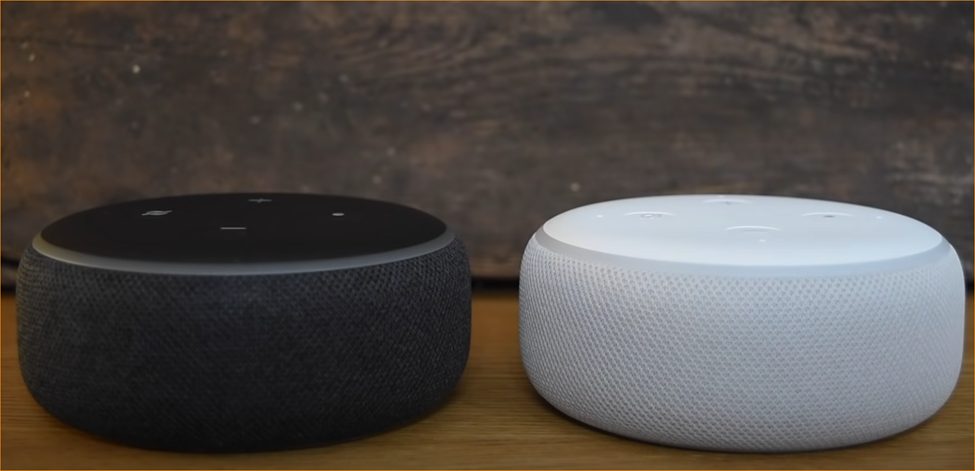
How Much Data Does Amazon Music Use?
While other streaming services may be optimized for limited data usage while streaming, Amazon Music is a different story. The data usage on Amazon Music tends to be higher, and you can expect to spend up to 400 MB for an hour-long session of music playback.
Does Alexa Use Wi-Fi When in Idle Mode?
The simple answer is yes, Alexa does use the internet when you are not using it. To check whether it is using data, you can go to your Wi-Fi router’s settings and look for the Alexa Echo device’s MAC address.
Each router has a menu on its setting page where you can find all the connected devices listed with their MAC addresses. Some routers even identify devices, so you do not need to match your MAC addresses to find your device.
You may see a different figure when your Alexa device is idle, depending on your device settings. Generally, a typical value you can expect to see for about a day spent completely idle would be around 10 MB. This is mainly for Alexa to keep constant contact with Amazon’s servers so it can answer your commands readily at any time. Some of the settings that you have incorporated into your device’s behavior may also come into play here.
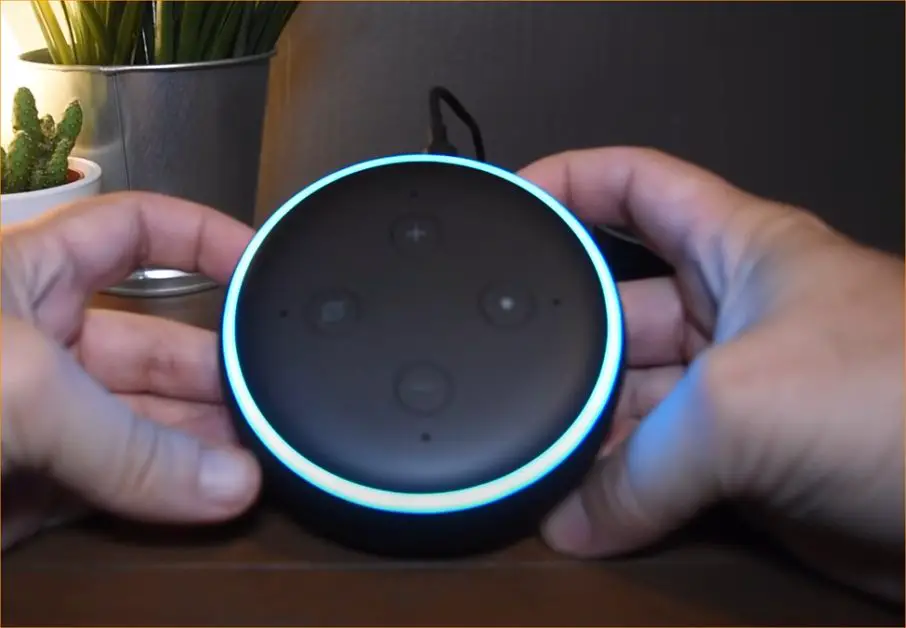
Alexa Affects Your Bandwidth, But So Do Other Devices
This is something that would not bother most people these days. Even the cheapest internet connections are now fast enough to have zero noticeable impact on speed with Echo dot connected and running. However, if you have a terrible internet connection or if you live in an area where speeds are too slow, there may be a chance that you feel an impact, especially when using services like music streaming.
However, it would help if you also considered that this is something that all other internet devices active in your home do. For example, if you have a YouTube video running on your PC, it may take your browser slightly longer to load web pages. At this point, we would like to reiterate that this problem is extremely rare these days since internet penetration has made internet speeds faster almost everywhere worldwide, especially in developed countries. (1)
What Internet Speed Should I Have for Amazon Echo?
If you are an avid user who already likes to play high-quality videos online and run data-heavy tasks, then the internet you have should probably be sufficient as it is. However, if we were to isolate the data Alexa Echo uses, we could make it work with a bare minimum of 2-3 Mbps.
Of course, that does not consider realistic overall use since you would probably be using your phone on the same internet. We mention this because Amazon Echo devices use the Alexa app on your smartphone; if you have that, you will use a lot more data on your phone anyway.
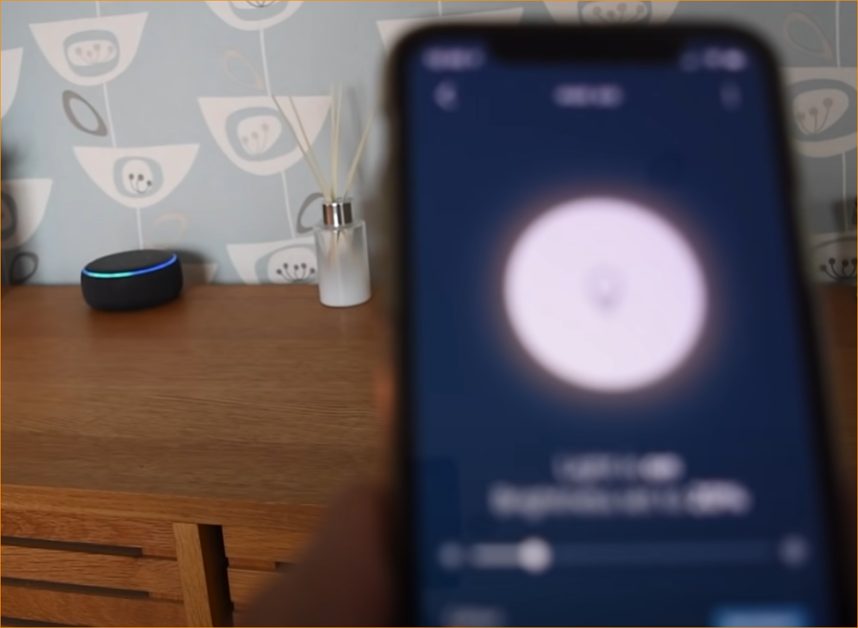
Wrapping Up
It is safe to say that your Amazon Echo device has no significant impact on your internet usage. You should not expect to use up all your data unless you use a minimum internet package with very limited data.
If you intend to keep your Alexa device constantly active with heavy usage, you may want to upgrade to a better package or opt for an unlimited internet plan. (2)
Take a look at some of our related articles below.
- How to make your Alexa device louder
- How to turn off explicit filter on Alexa
- How to make Alexa change colors
References
(1) developed countries – https://worldpopulationreview.com/country-rankings/developed-countries
(2) internet plan – https://www.usnews.com/360-reviews/services/internet-providers

